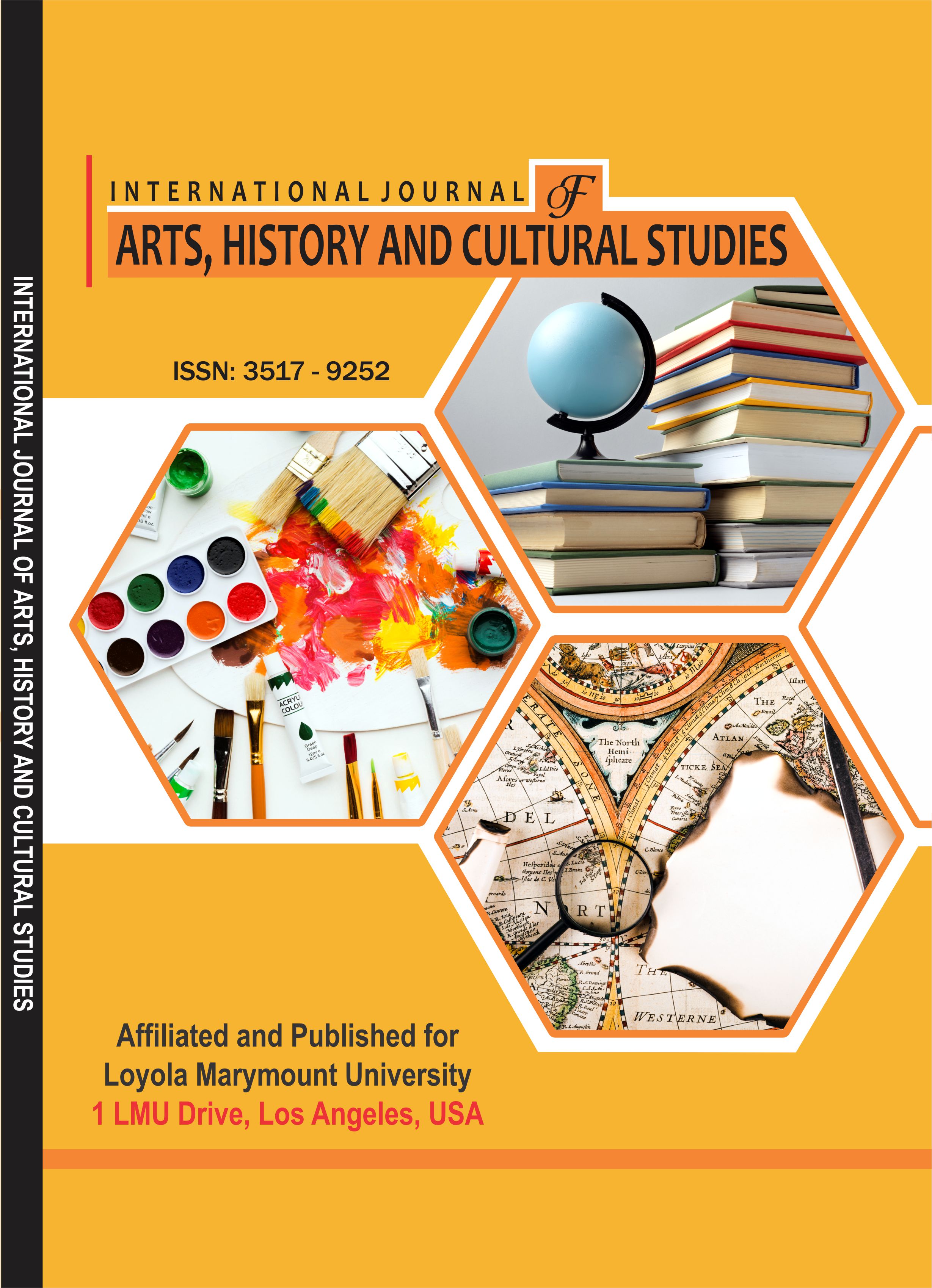INTERNATIONAL JOURNAL OF ARTS, HISTORY AND CULTURAL STUDIES (IJAHCS)
The Human Significance and Pitfalls of Non-Literal Narrative and Fictional Literature
E-ISSN: 2695-1886
P-ISSN: 3517-9252
DOI: https://iigdpublishers.com/article/735
Following some attention to Plato’s famous (or infamous) hostility to poetry and other arts in such dialogues as Ion and Republic, this paper argues that this may have turned largely upon some failure to appreciate the different human purposes of literal and figurative language and narratives. Rather than seeking to extend the reach of (empirical and other) human knowledge, the concern of non-literal or metaphorical tropes and narratives of poetry and other arts lies more with sharpening and enhancing existing experience and perception to the end of deeper vision and insight into human affairs. From this perspective, the fictional constructs of art have much of significance to contribute to human moral and other development. That said, it need not be doubted that much danger lies in store from a fairly common human failure – by which Plato was also probably much exercised – to interpret non-literal, figurative and fictional idioms and narratives in literal terms. This paper sets out to explore these matters with particular regard to religious and other cultural beliefs.
David Carr
Bettelheim, B. (1989) The Uses of Enchantment: The Meaning and Importance of Fairy Tales, New York: vintage Books.
Black, M. (1954). Metaphor. Proceedings of the Aristotelian Society 55: 273-294.
Black, M. (1962). Models and Metaphors: Studies in Language and Philosophy. Ithaca: Cornell University Press.
Brodie, T. L. (2012). Beyond the Quest for the Historical Jesus: Memoir of a Discovery. Sheffield: Phoenix Press.
Bultmann, R. (1953). Kerygma and Myth: A Theological Debate. London: SPCK Books.
